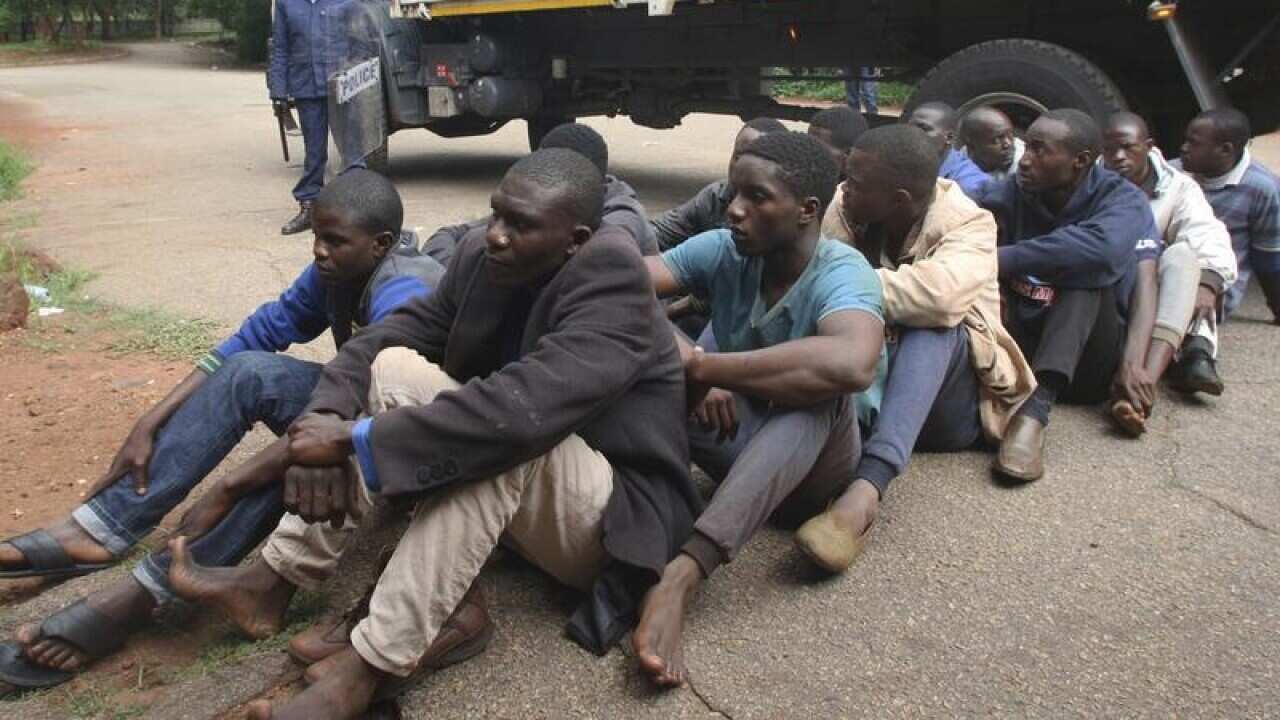Zimbabwean doctors say they have treated nearly 70 people for gunshot wounds while police rounded up hundreds after violent protests this week triggered by a steep rise in fuel prices.
The protests, only five months after six people were killed in post-election demonstrations last August, pose a challenge for President Emmerson Mnangagwa who promised to repair the struggling economy after he replaced long-time leader Robert Mugabe following a coup in November 2017.
Three people died during the protests but rights groups, lawyers and witnesses said scores of people were were beaten by soldiers, pointing to a heavy crackdown on dissent by security forces.
State broadcaster ZBC said 600 people, including a prominent activist and an opposition legislator, have been detained over the protests. A Zimbabwean lawyers' group said it was so far representing more than 130 people arrested for protesting.
Evan Mawarire, a Harare pastor who rose to prominence as a Mugabe critic and led a national protest shutdown in 2016, will on Thursday appear in court to face public violence charges.
Courts dismissed two similar charges against him in 2017 for lack of evidence.
The Zimbabwe Association of Doctors for Human Rights (ZADHR) said its members had treated 172 people, some with dog bites, in private and public hospitals since Monday, when the protests erupted in the capital, Harare, and the second city, Bulawayo.
"There are cases of patients who had chest trauma and fractured limbs who were forcibly taken from hospital to attend court despite the advise of doctors," ZAHDR said in a statement.
The casualty list included 68 people treated for gunshot wounds, 17 of whom underwent emergency surgery.
Zimbabweans had hoped Mnangagwa would make good on pre-election pledges to revive the economy and break with the Mugabe era, but Zimbabwe has fallen back into familiar ways.
Some businesses and banks re-opened in the capital but others remained closed as calm returned on Thursday, a day after the three-day stay-at-home strike called by the main labour union ended.
Media platforms like Whatsapp, Facebook and Twitter remained blocked because of a government order, leading to accusations that it wanted to prevent images of heavy-handedness from being broadcast around the world.
Share

